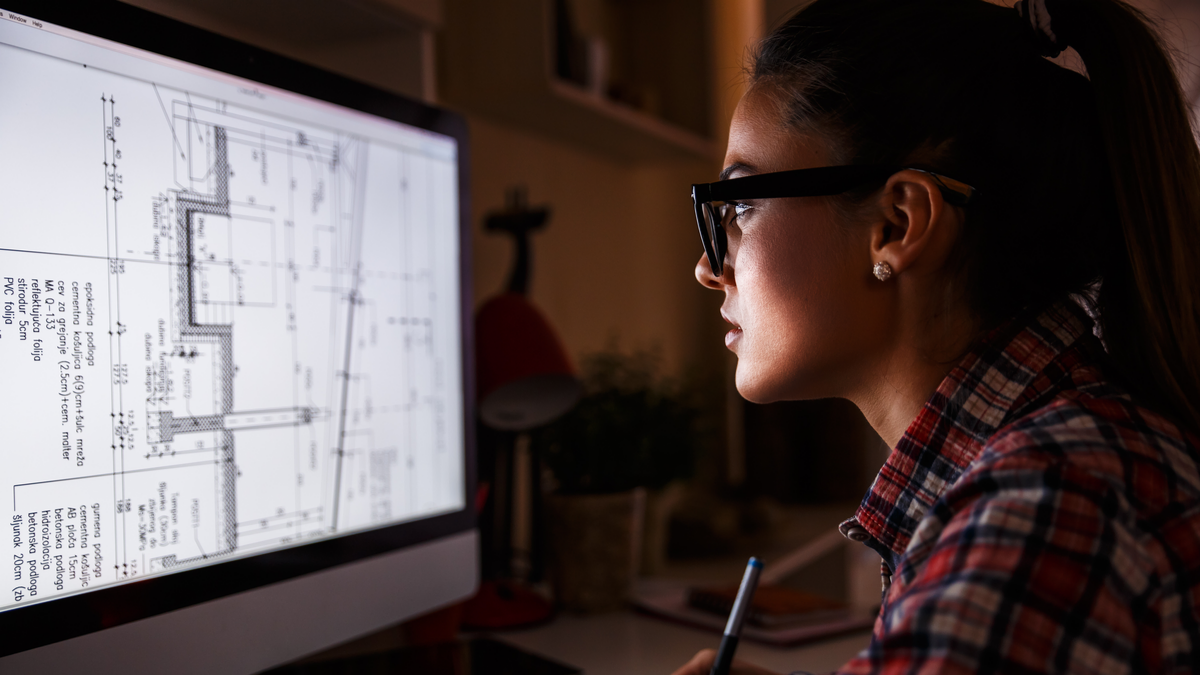Struggling with insomnia during college can feel like you’re the only one awake while everyone else is fast asleep. The quiet of the night can amplify the sense of loneliness, but you’re not the only one up. Many people, including those involved in college health and student wellness, are also awake during the late hours. Their jobs or personal needs keep them going long after others have drifted off. Here are 12 examples of individuals who are awake when you can’t sleep, showing you that you’re never really alone.
1. Shift Workers in Healthcare and Campus Facilities
Many college health services, such as campus health centers, operate around the clock. Whether it’s medical professionals providing care or campus security ensuring student safety, these workers are awake during the night to support student wellness. You’re not the only one keeping late hours on campus.
2. College Students in Late Study Sessions
Late-night study sessions are a part of student life. Whether preparing for finals or meeting deadlines, countless students are awake late, reviewing lecture notes and preparing for exams. The stress of academics can make it harder to sleep, but remember, many others are working just as hard to keep up with their studies.
3. Campus Cleaning and Maintenance Staff
Universities need to ensure their campuses are clean and safe for students. Facilities teams often work through the night, maintaining student wellness by ensuring the environment is hygienic and pleasant. The work they do late at night ensures that college students can thrive in a healthy environment the next day.
4. Medical Staff at Campus Health Centers
College health centers often have medical professionals on-call to address urgent student health needs. These healthcare providers are dedicated to student wellness, offering 24/7 support for students dealing with physical or mental health crises during the night.
5. Campus News and Media Teams
At universities, there are teams of journalists, editors, and media personnel working late hours to produce content for campus publications, newsletters, or broadcasts. These students and professionals are working around the clock to keep students informed about what’s going on in their community, ensuring everyone stays up-to-date on campus health issues.
6. Fitness Trainers and Wellness Coaches
Many college gyms and fitness centers offer late-night hours for students looking to maintain their health and fitness. Trainers and coaches who work these shifts help students prioritize their physical wellness, offering guidance on workouts, nutrition, and overall wellness practices.
7. Parents of College Students
Parents of college students may also find themselves awake late, worried about their children’s health, studies, and general well-being. While students are managing their health, parents are often up offering emotional support and guidance during tough times, including sleepless nights.
8. Emergency Response Teams
The safety and health of students are always a priority, even during the late hours. Emergency services, from campus security officers to local responders, ensure student safety and well-being, offering medical assistance and crisis intervention when needed.
9. College Wellness Program Coordinators
Many colleges have wellness programs dedicated to student health. Coordinators of these programs often work behind the scenes, planning events, workshops, and resources aimed at improving mental and physical health on campus. Their work ensures students have access to important wellness resources, even during off-hours.
10. Creatives in the College Health Space
Some writers, content creators, and graphic designers in student health fields find that their best work happens at night. Whether working on wellness campaigns, health content for blogs, or educational materials for students, these creatives work to spread awareness about the importance of student health and wellness.
11. Students in Peer Counseling Roles
Many colleges offer peer counseling programs where students are trained to help their fellow students with mental health concerns. These students are often awake late at night, offering a listening ear or crisis intervention support for their peers, helping to improve the overall mental wellness on campus.
12. Other Insomniacs Struggling with Student Wellness
Insomnia can be a common issue among college students due to stress, academic pressures, or mental health struggles. It’s comforting to know that you are not alone—many students deal with sleepless nights, often affecting their physical and mental health. If you’re struggling with sleeplessness, there are wellness resources available on campus to help you.
These examples show that you’re never truly alone during those late-night hours. Whether you’re working, studying, or struggling with sleep, countless others are also awake, managing their health, contributing to student wellness, and supporting the campus community. So, the next time you find yourself awake during the night, take comfort in the fact that there is always someone else up, just like you, working towards better health and wellness.





